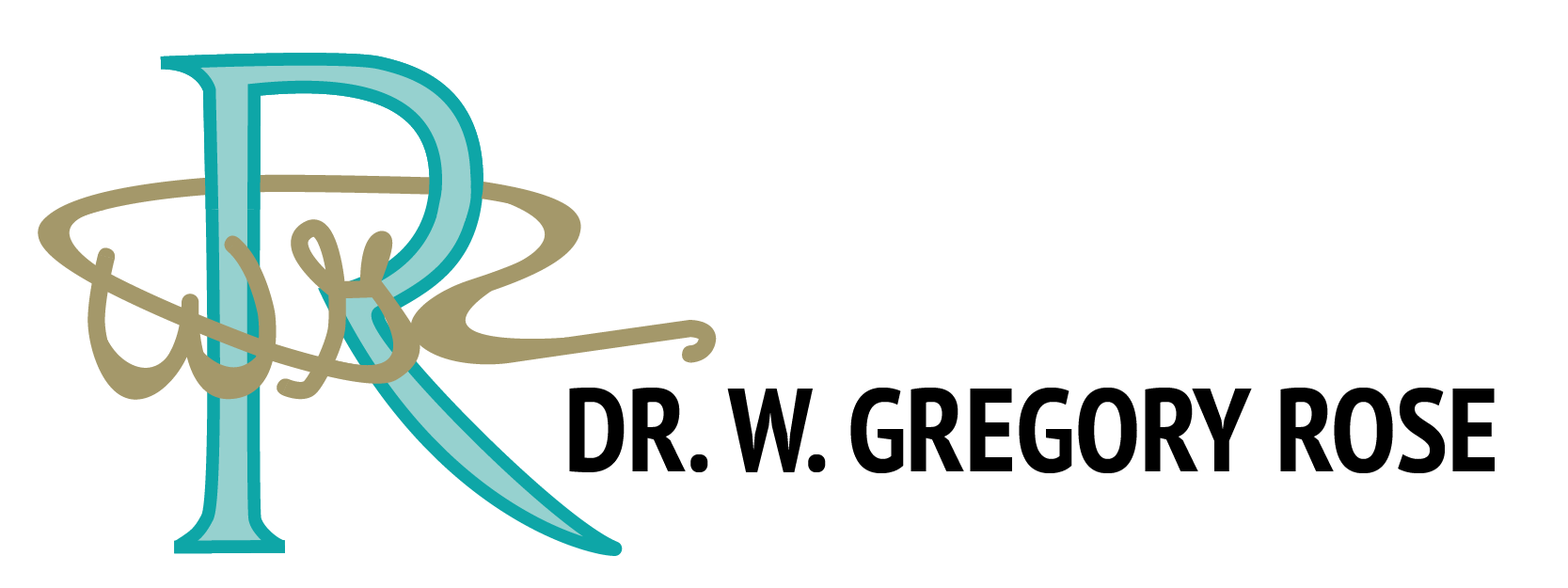The “Temporomandibular Joint,” more commonly referred to as the “jaw joint,” assists in the basic opening and closing movements of the jaw. Unfortunately, this joint is a common area for recurring pain. Although conventional wisdom suggests that “popping” sounds in the jaw indicates a TMJ dysfunction, this is not always true. Many times, your jaw is functioning properly even if a “popping” sound is present when chewing or talking.
Our TMJ specialist in Albuquerque, NM, performs a TMJ exam that evaluates the joint tissue in the “hinge” of the jaw. Possible problems include swelling, deterioration of the joint tissue or damaged joint tissue (which cushions the jaw bones during the opening and closing movement of the mouth). Common pain relievers and cold compresses can provide temporary relief for most cases of TMJ.
For more serious cases of TMJ, we will recommend alternate treatments. Often, we will suggest using a mouth guard to relieve teeth grinding. In some cases, we will instruct you to use orthodontic appliances or retainers to alleviate discomfort or redirect positioning of the TMJ joint. For the most severe cases of TMJ, we may recommend certain invasive procedures.
Call (505) 296-5544 to talk to our TMJ specialist in Albuquerque, NM.
FAQ’s
Why does my jaw make noise while chewing or yawning?
If you are hearing a popping or clicking noise from your jaw while chewing, moving, or yawning, it could be from your jaw joint. Your jaw joint plays a vital role in the basic opening and closing movements of the jaw. A TMJ dysfunction can cause a popping or clicking sound, but it’s not always the case. Sometimes, a normally functioning jaw can still produce a popping sound. If you are hearing any noise from your jaw while talking or chewing, you must get in touch with a TMJ specialist Albuquerque to evaluate your situation and identify the reason for the noise. If the issue is serious, alternate treatment options are suggested.
What are the common symptoms of TMJ dysfunction?
You should talk to a TMJ dentist in Albuquerque if you are experiencing the following symptoms:
- Headaches
- Ear problems
- Jaw pain
- Ringing in the ears
- Clogged ears
- Dizziness
- Struggling to open TMJ joint
- Throat pain
- Teeth pain
- Neck pain
- Pain behind the ears
How to diagnose TMJ disorder?
TMJ disorder is a condition that affects the jaw joints and surrounding tissues and ligaments. This disorder is caused by trauma, an improper bite, arthritis, wear and tear, and more. The TMJ disorder is diagnosed during a regular dental check-up. During the analysis, the TMJ specialist in Albuquerque will,
- Check the range of motions when you are opening or closing your mouth.
- Apply a slight pressure on the face and jaw to identify the areas of discomfort.
- Feel around the jaw when you open and close the mouth.
If the TMJ is confirmed, the following techniques are used to determine the extent of the damage.
- Panoramic X-rays
- 3-D scans to take the images of teeth, jaws, facial bones, sinuses, and more
- MRI scans to view soft tissues in and around the jaw.
What measures should I take to help with my TMJ before seeing a TMJ specialist?
Follow the given tips to manage the symptoms of TMJ before visiting a TMJ specialist in Albuquerque.
- Take in soft foods and avoid hard foods that require biting using the front teeth.
- Avoid chewing gums.
- Don’t open your mouth more than one or two inches.
- Use both sides of your mouth to chew food.
- Apply heat pads against the jaw three to four times per day for five to ten minutes.
- If the pain is not intense, use a cold compress to reduce the pain and inflammation.
- Use a rotation motion to massage the sore joint, and then open the mouth and hold for a few seconds. Repeat this exercise throughout the day to manage pain.
Is TMJ treatment effective?
Generally, pain relievers and cold compresses are used to provide temporary relief for TMJ cases with minor symptoms. TMJ treatment in Albuquerque is recommended for severe cases and prevents symptoms from showing up. The TMJ specialist will recommend you to use an orthodontic appliance or mouth guard throughout the treatment period to position the jaw in the correct position, and reduce any discomfort. When you get proper treatment at the right time, it helps you get your jaw properly aligned and eliminate any difficulties that occur while eating or talking.

